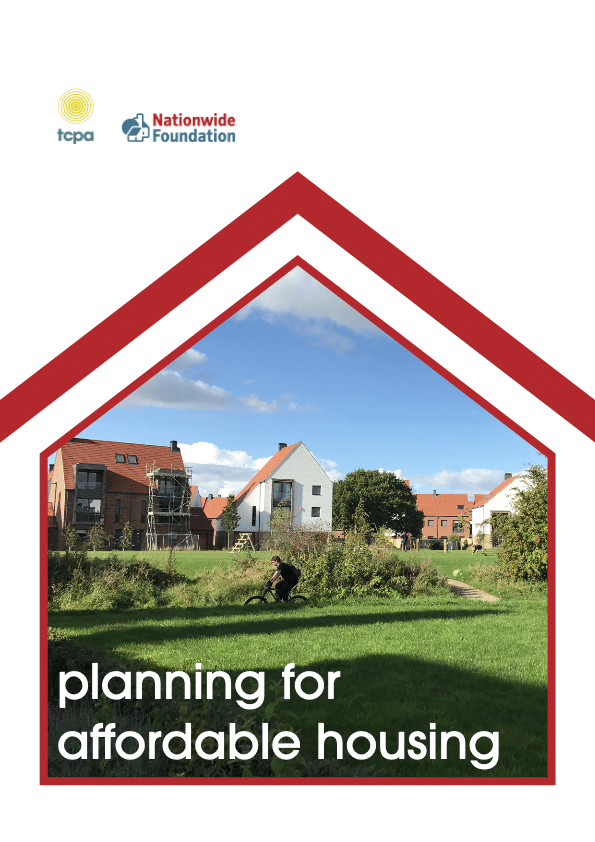Better Planning for Housing Affordability Crisis
Introduction
The issue of housing affordability in the UK has reached a critical point, necessitating a reevaluation of current planning approaches. The position paper titled “Better Planning for Housing Affordability” by the Royal Town Planning Institute (RTPI) argues that the prevailing focus on planning reform as a solution has been misguided. This summary explores the multifaceted nature of the housing crisis, critiques the blame placed on planning, and advocates for a more comprehensive strategy to improve housing affordability.
Understanding the Housing Affordability Crisis
Housing costs in the UK have escalated dramatically, affecting all types of tenures. Over three million households spend more than one-third of their income on housing, and homeownership among 25-year-olds has plummeted from 46% to just 20% in two decades. Average house prices now stand at 7.9 times the average earnings, making it increasingly difficult for young people to enter the housing market. The decline in social housing construction—down 88% from two decades ago—coupled with a record low of only 32,000 new affordable homes built last year, exacerbates the crisis. Moreover, homelessness is rampant, with over a quarter of a million people homeless in England alone
Misdiagnosing the Problem
The paper identifies a fundamental flaw in how successive governments have approached the housing crisis: an oversimplified diagnosis attributing the issue primarily to planning restrictions. This “anti-planning” narrative suggests that the market would naturally increase supply and lower prices if planning regulations were relaxed. However, this perspective overlooks the complexity of factors contributing to housing affordability, including economic conditions, demographic changes, and social policies
The Role of Planning
While planning has often been scapegoated for rising housing costs, the RTPI argues that it can play a positive role in addressing these challenges. The focus on deregulation and “planning reform” has led to a chaotic planning landscape that hinders effective development. A survey indicated that 73% of planners believe constant changes to planning policies have obstructed their ability to create quality living spaces.
Factors Overlooked by Planning Reform
- Supply-Demand Dynamics: The relationship between housing supply and the housing affordability crisis is not straightforward. While increasing supply is essential, empirical evidence shows only a weak correlation between land supply and house price growth. Many factors influence demand for housing, including access to credit and economic stability.
- Land Market Issues: The limited availability of land in desirable locations hampers development. Factors such as speculative land trading and unrealistic land valuations contribute to this problem. A significant portion of brownfield land remains undeveloped due to institutional barriers and ownership complexities.
- Economic Inequality: The financialization of housing has made homeownership unattainable for many. As wages stagnate relative to asset appreciation, fewer individuals can afford homes without substantial financial backing or inheritance.
Rethinking Policy Development
The RTPI calls for a shift in policy development that acknowledges the multifaceted nature of housing issues rather than relying solely on theoretical models. Policymakers should engage with local communities to understand practical solutions that work on the ground. This approach would involve recognizing the diverse needs of different demographics and tailoring strategies accordingly
Conclusion
The position paper emphasizes that better planning is integral to resolving the UK’s housing crisis. Acknowledging the complexity of housing affordability requires moving beyond simplistic narratives that blame planning alone for rising costs. By embracing a more holistic approach that considers economic factors, land market dynamics, and social equity, policymakers can create effective strategies that genuinely address the challenges facing millions of households across the UK. In summary, improving housing affordability crisis necessitates a comprehensive understanding of interconnected issues rather than exclusively focusing on reforming planning regulations. By leveraging planning as part of a broader solution set, there is potential for meaningful progress in alleviating one of society’s most pressing challenges.

